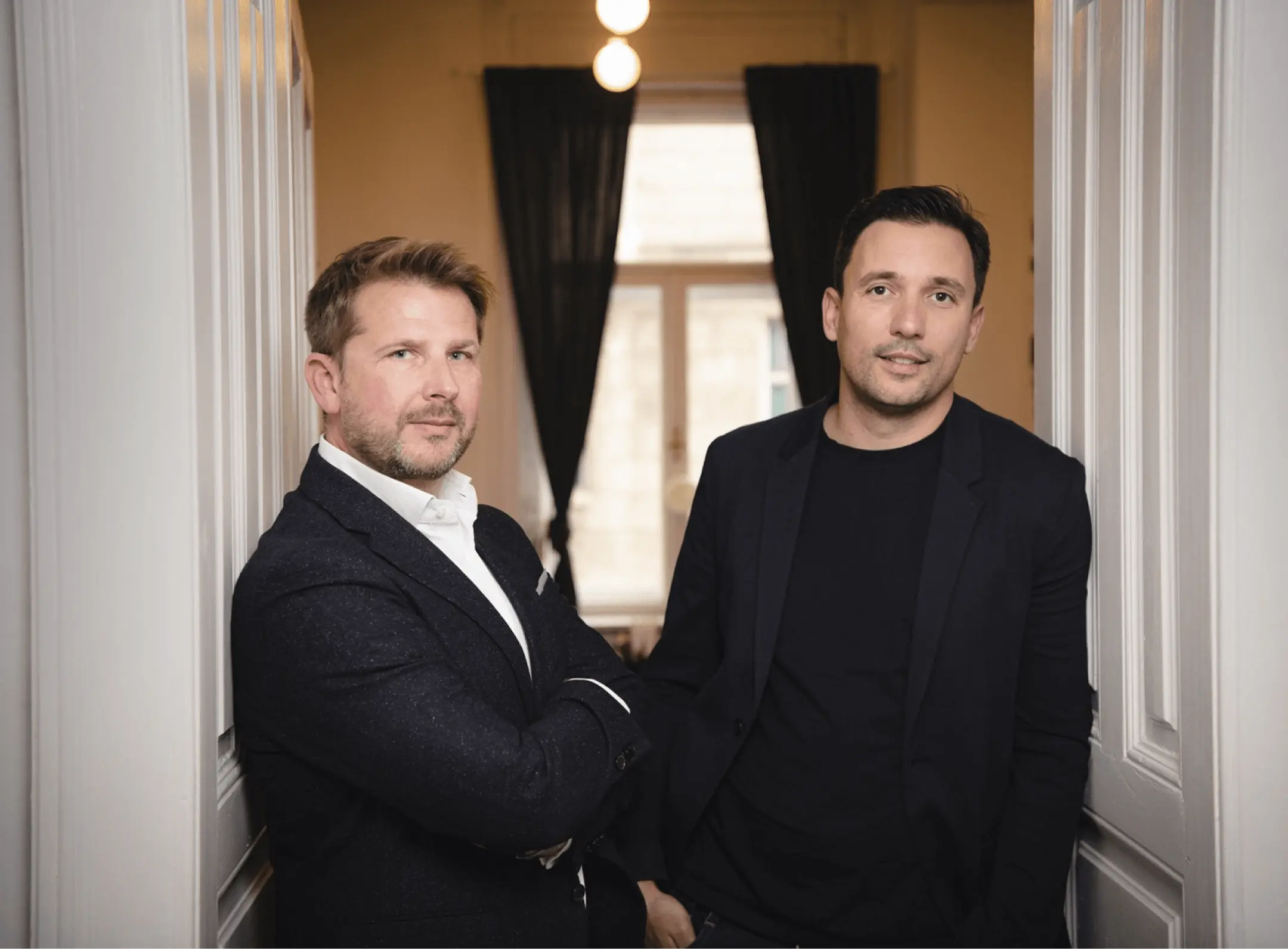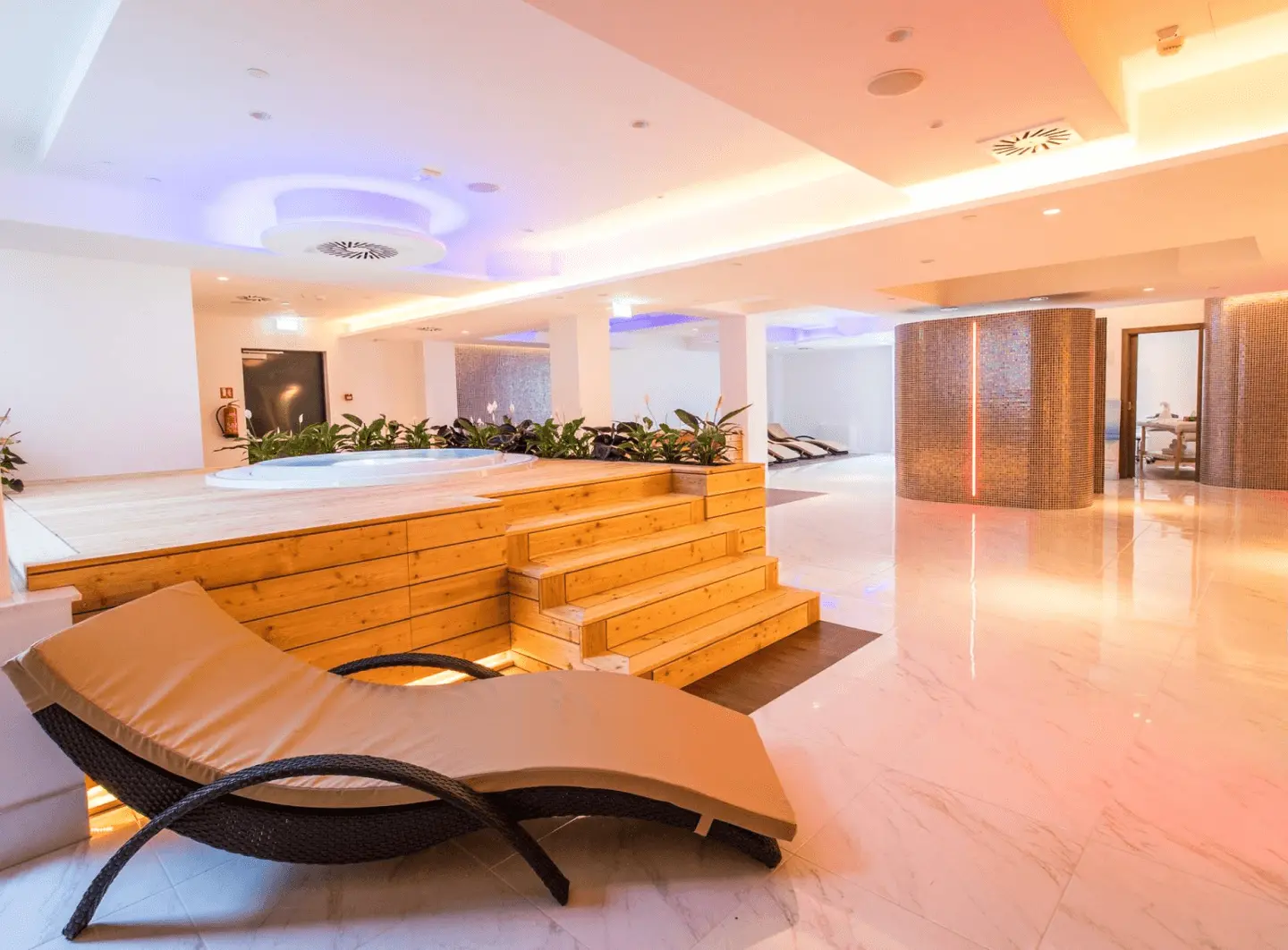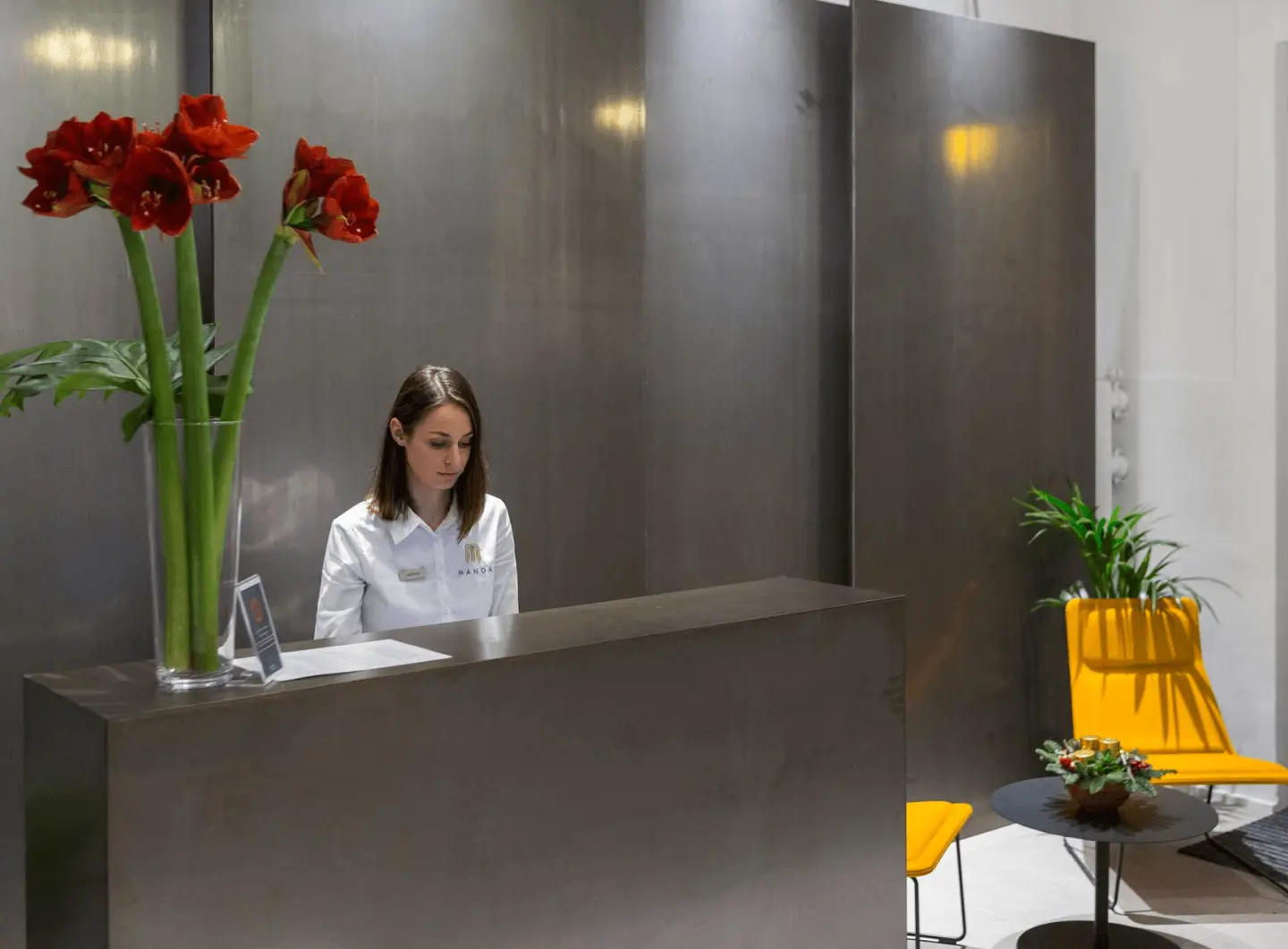Rentlio: #1 Property Management system and Channel Manager
Streamline your property management with a modern 3-in-1 cloud solution: a property management system, channel manager, and booking engine designed for vacation rental hosts, multi-property managers, and hoteliers.
One
Vacation rentals
Users from more than 40 countries choose Rentlio One to efficiently manage bookings and OTAs and create unforgettable guest experiences.
Plus
Multi-property management
Top property management companies trust Rentlio Plus to streamline daily operations, expand their portfolios, and drive impressive revenue growth.
Pro
Hotels
Automate operations and hotel processes, increase staff efficiency, and generate more revenue by digitizing everything—from reception and sales to accounting and management.
with a PMS that innovates as fast as you do
CHANNEL MANAGER
Forget about overbookings
Synchronize all OTA channels using the integrated Channel Manager and manage all bookings in one place. Generate more revenue with less operational work.
Property Management System
A new level of operational efficiency
Rentlio PMS streamlines repetitive tasks, saving you time to focus on delivering exceptional guest experiences. Go digital with a powerful cloud PMS system.
Unlock new possibilities with Rentlio
BOOKING ENGINE
More direct bookings, more revenue
Drive more revenue by offering guests a simple, secure, and personalized booking experience directly on your website. A user-friendly interface, secure payment process, and seamless booking experience help accelerate guest decisions.








communication
overbookings
check-in time
check-in
Integrations
Integrate Rentlio with all the tools you already rely on
Craft the perfect tech stack by integrating tools for restaurants, upselling, revenue management, guest communication and check-in, accounting, payments, and housekeeping.






































